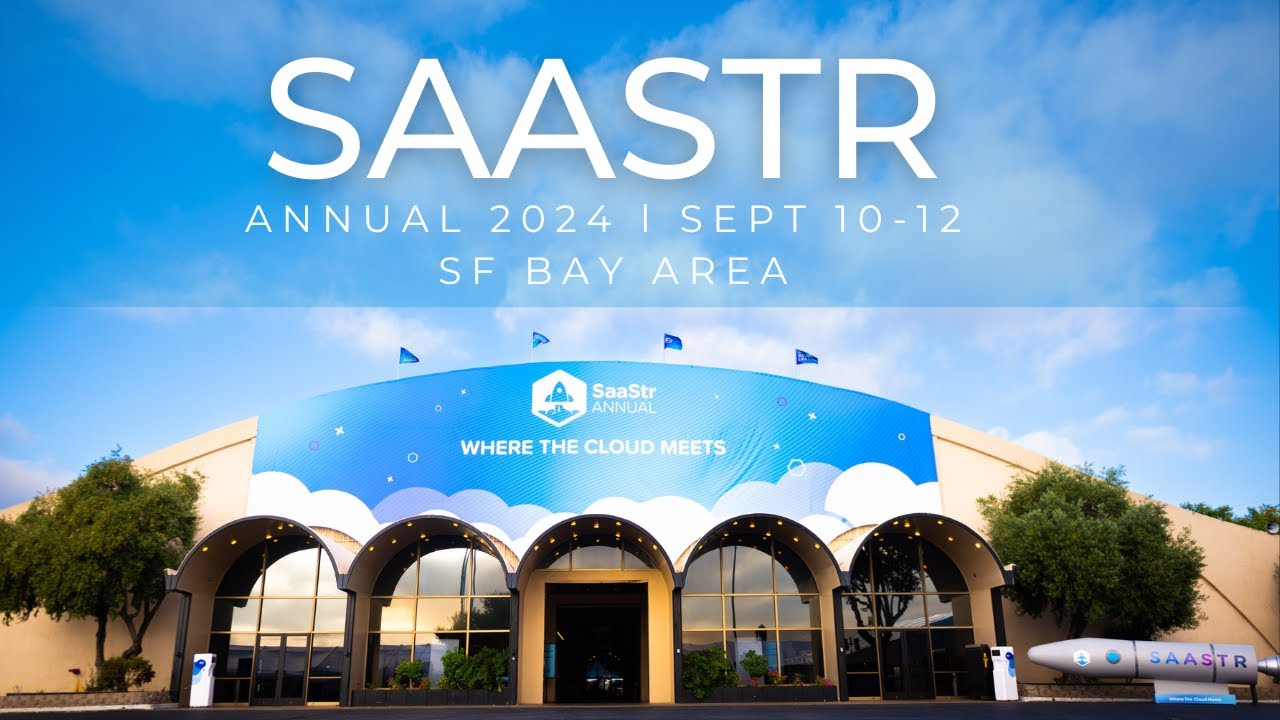Hiring DevOps engineers is difficult and costly — consider the following before adding to your overhead
DevOps is a challenging role to fill. Not only is it tough to find candidates with the requisite specialized skills, but their roles also tend to command high salaries, which can be difficult for lean startups and small organizations to justify — especially within an unpredictable economic environment. As a result, only the largest organizations typically have the resources necessary to hire DevOps engineers.
Even so, many startups and small businesses can benefit from a DevOps-centric culture. Automated tools and platforms can allow these organizations to achieve similar results at scale. Here, we’ll delve into the challenges associated with hiring DevOps-focused roles, why relying on headcount to fill gaps can lead to inflexibility and delays, and alternatives to hiring that will enable your team to embrace DevOps workflows with fewer resources.
Should You Hire DevOps Engineers? Challenges Organizations Face In Filling This Role
Organizations of all sizes are waking up to the benefits of DevOps. A survey conducted by Harvard Business Review found that nearly nine out of ten respondents believe rapid development and deployment processes are essential to their business.
Despite this need to embrace DevOps philosophies and workflows, hiring specialized DevOps engineers may not be the best approach to achieving these goals, depending on available resources. You may face the following roadblocks when attempting to hire DevOps developers for your organization.
DevOps Is a Specialized Role In an Already Specialized Field
While it may be relatively easy to hire engineers to work solely on the development side or the operations side, finding engineers who can do both is far trickier. Many DevOps skills, like building development architecture and automating deployment pipelines, are taught in production due to the need to solve problems rather than through formal training or certification.
As a result, there simply isn’t a pathway for “junior” DevOps engineers, leading to a far more limited hiring pool than other development specializations. According to Zippia, less than 7,000 DevOps engineers currently work in the United States, most of whom work at companies with over 1,000 employees. Your organization will likely face stiff competition attempting to fill this role.
Every Organization’s Cloud Infrastructure Needs Are Different
Software development infrastructure — that is, the development tools, provisioned environments, CI/CD pipelines, testing frameworks, and other processes — is complex and often built to specifications required for each company’s production needs. Finding the right fit for your organization isn’t as easy as hiring a “DevOps engineer.” You need to find someone who understands your specific combination of tools and integrations to get the most out of your hiring expenses.
And even if you’ve found an engineer whose skills match your needs, there’s no guarantee they’ll be a good fit. Going through the hiring process and bringing someone on board just to find out their particular set of skills or approach to the work doesn’t align with your company culture is a costly and time-consuming endeavor.
DevOps Engineers Are Costly
All of these factors combine to form one simple truth: full-time DevOps hires are expensive. According to Glassdoor, the average salary for a DevOps engineer ranges between $103,000 and $149,000 and can reach as high as $220,000 at some companies. For organizations operating on a limited runway, spending that money on specialized personnel is a tough pill to swallow — especially when other solutions exist that can help organizations automate and run many of the same processes.
If you want to optimize DevOps processes with your current personnel, consider bringing DuploCloud along. It’s a powerful DevOps Automation Platform combined with DevOps subject matter expertise, capable of automating infrastructure configuration, instance provisioning, container orchestration, and CI/CD pipelines to help speed up deployment times while reducing operating costs by 75%. Learn more about how DuploCloud empowers your developers with DuploCloud’s self-service DevOps tools.

The Impact of Overhiring
While it’s true that bringing on a DevOps engineer can be beneficial for enhancing developer processes, making hiring a priority over other solutions can have negative consequences on your organization’s productivity and finances. Here are just a few ways that overhiring can affect operations:
- Costs that add up fast: DevOps engineers command high salaries, so you must be intentional with whom you hire. Hire too many, and you’ll find that your organization spends more on support than development, especially if you can find services that can complete many of the same tasks at lower costs.
- Siloed processes: The core mentality of DevOps remains the same as it was when Amazon CTO Werner Vogels ushered in the movement with the phrase, “You build it, you run it.” Every developer on the team should have working knowledge of the tools and processes needed to bring products to market, and bringing on too many specialized DevOps engineers can force that knowledge back into silos, reducing developer productivity.
- Inability to pivot: One of the only ways to get ahead in the tech industry is to innovate. However, innovation carries inherent risks, and having finances tied up in fixed costs such as headcount makes it more challenging to pivot as market headwinds shift. The best way to weather risk (especially during an economic downturn) is to embrace “optionality.” This means taking a more flexible approach to finances like payroll, relying on variable costs such as on-demand Platforms-as-a-Service over fixed costs.
Alternatives to Hiring
If you’re worried about spending too much on DevOps, consider the following alternatives:
- DevOps-as-a-Service solutions like DuploCloud can replace DevOps hires at your startup, allowing smaller teams to automate infrastructural systems that DevOps engineers would typically manage.
- Internal developer platforms (IDPs) require significant upfront investment and, depending on the organization, can take years to develop. Once completed, IDPs enhance productivity and minimize roadblocks by enabling developer self-service.
- Training and hiring from within will ensure whoever enters this role already has a working knowledge of your team and product.
Maximize Your Current Potential With DuploCloud
Instead of bringing on a new DevOps engineer, all you might need to optimize development processes is a way to bring out the full potential of the infrastructure and workforce you already have. DuploCloud can make that a reality.
DuploCloud is a DevOps Automation Platform designed to streamline developer workflows and virtually eliminate your DevOps hiring needs. DuploCloud features robust automation and configuration tools built to help teams deliver more reliable code on more efficient timetables while adhering to crucial security and compliance requirements. And with real-time monitoring, you’ll have a full window into performance, allowing you to address bugs before they impact users.
Ready to learn how to speed up infrastructure provisioning by a factor of ten? Contact us today for a free demo.









